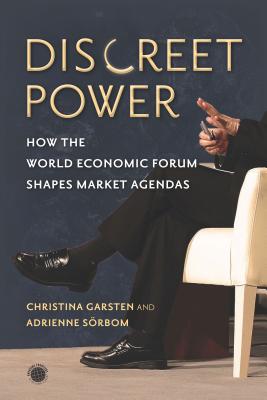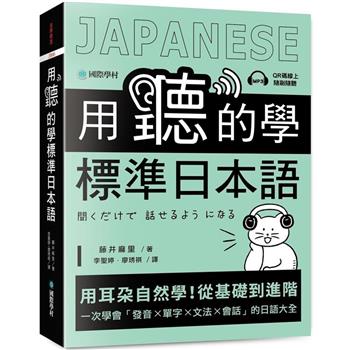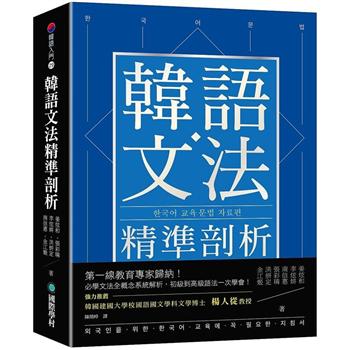In Discreet Power, Christina Garsten and Adrienne Sörbom undertake an ethnographic study of the World Economic Forum (WEF). Granted access to one of the primary agenda-setting organizations of our day, they draw on interviews and participant observation to examine how the WEF wields its influence. They situate the WEF within an emerging system of "discretionary governance," in which organizations craft ideas and whisper them into the ears of formal authorities in order to garner significant sway. Yet, in spite of its image as a powerful, exclusive brain trust, the WEF has no formal mandate to implement its positions. It must convince others to advance chosen causes and implement suggestions, rendering its position quite fragile.
Garsten and Sörbom argue that the WEF must be viewed relationally as a brokering organization that lives between the market and political spheres—and that extends its reach through associated individuals and groups. They place the WEF in the context of a broader shift, arguing that networks across business, politics, and civil society organizations are becoming increasingly powerful agents in our global relations.












